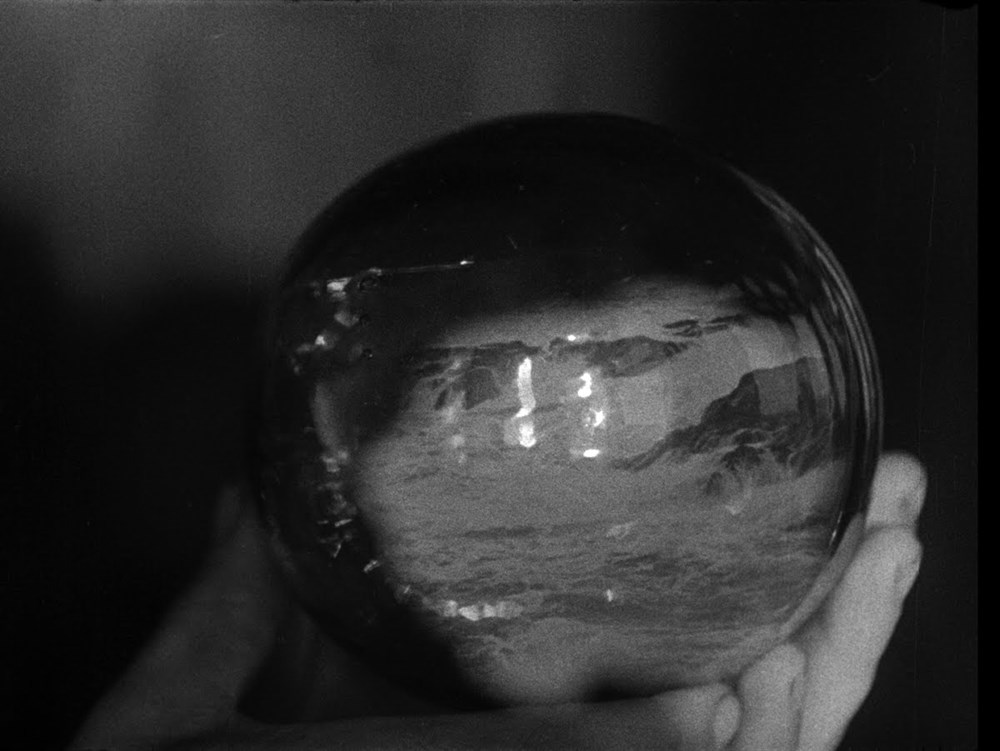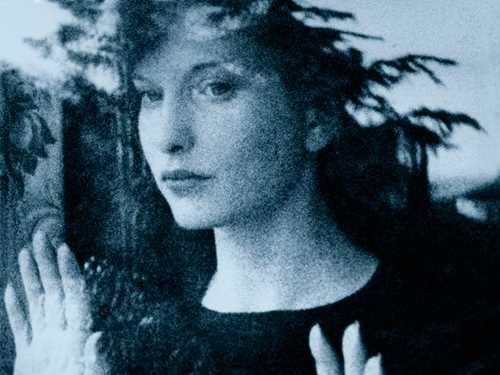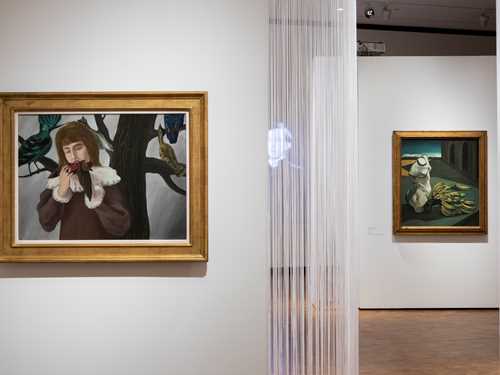Jean Epstein: La Tempestaire (1947), 22 min., Sound, Black/white.
Luis Bunuel: Las Hurdes / Land without Bread (1933), 27 min., Sound, Black/white.
This matinee is part of a film programme presented in three parts and made in connection with the exhibition The Savage Eye.
Innovative approaches in modern psychology were an important forerunner of surrealism. Freud’s psychoanalytical method was especially crucial. His definition of the subconscious became a cornerstone of surrealism and had far-reaching consequences for the movement’s aesthetics, philosophy, and politics. Freud talked about the subconscious in relation to our personal inner life, but the surrealists expanded the concept, in line with their utopian politics. Following in the footsteps of Carl Gustav Jung, they developed an idea that there existed a collective unconscious linking different classes and cultures. Based on a form of mass psychology, the surrealists believed that cinema was the ideal medium to trigger the subconscious. They saw the social collective as anchored in a form of common dream, where desire and suppressed fantasies were suddenly visualised and transformed. Maybe this common dream could also be an impetus for a revolution in ourselves?
ABOUT THE FILM PROGRAMME
What possibilities does the filmic medium hold? This is exactly what the surrealist movement explores – in the process creating several new breakthroughs in the art of film. For the surrealists, this wasn’t just about making films, but also about thinking critically and philosophically. What are the possibilities of the moving image? Pioneering work in the interwar period led to surrealist film making its mark in the history of art. In his Surrealist Manifesto of 1924, surrealism’s founder André Breton exclaims: ‘The cinema? Three cheers for darkened rooms!’ Breton and his followers believed the darkened rooms of the cinema could contribute to dissolving everyday life as we know it. To collectively sink into the cinema seats, with the light of the screen on the audience’s faces, opened up the possibilty of a dreamlike state, the surrealists claimed. All rational and oppressive forces receded to the shadows, allowing desire and political utopias to emerge. Our film programme puts Breton’s claim to the test.
Over the course of three screenings, we will dive down into the world of the surrealists. The politics, desire, and possibilities are seen with new eyes.







